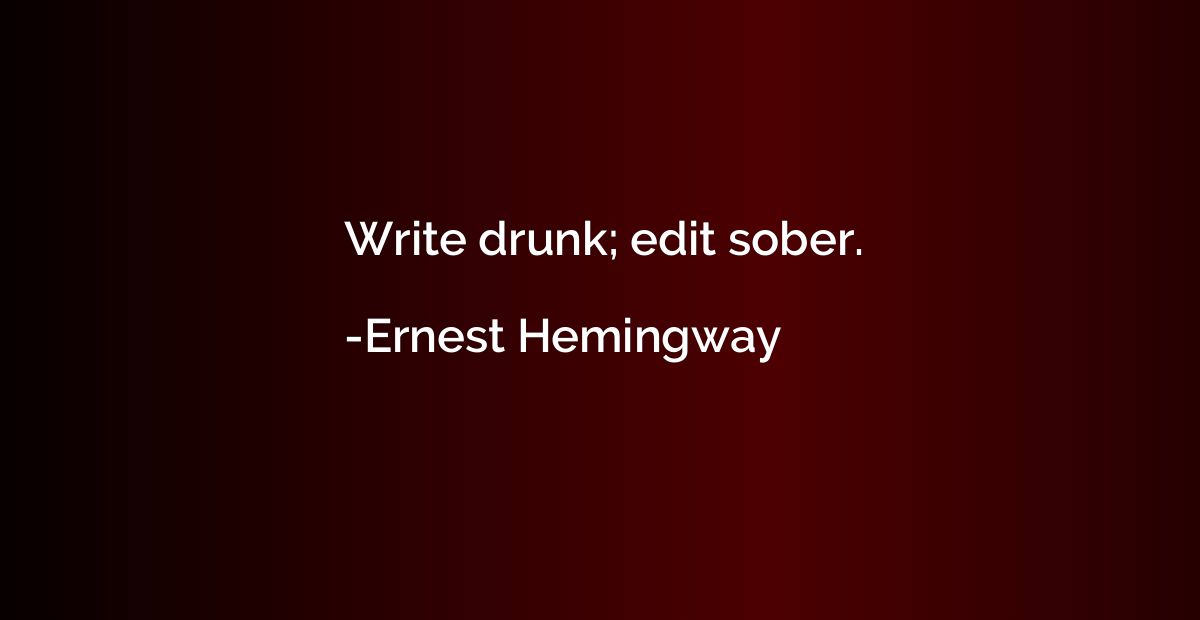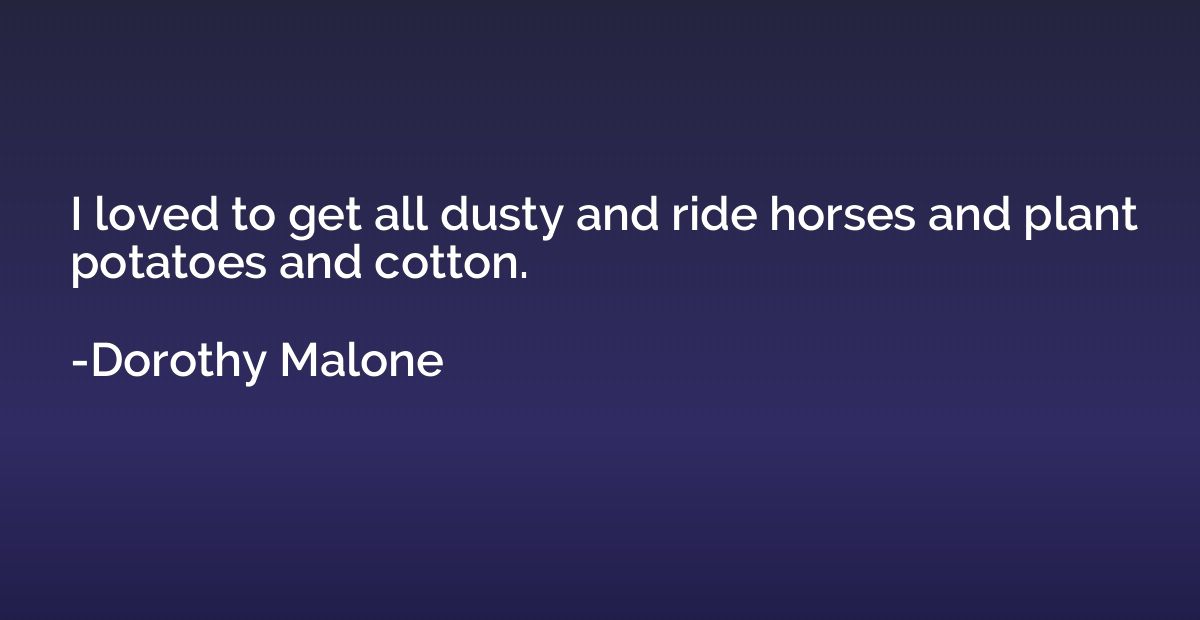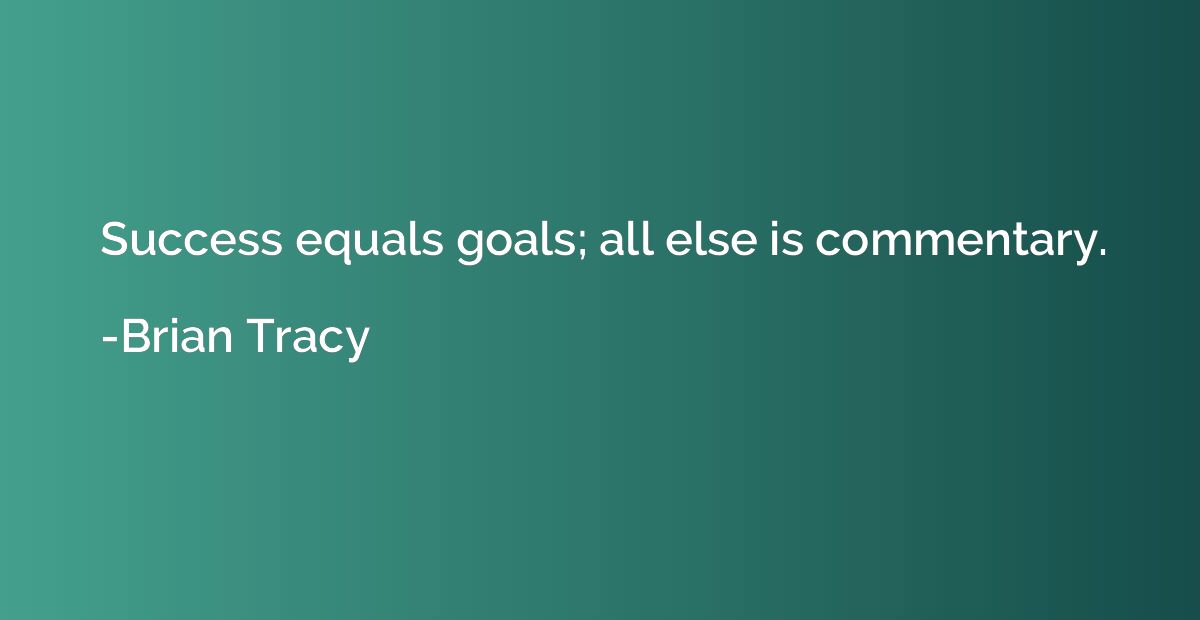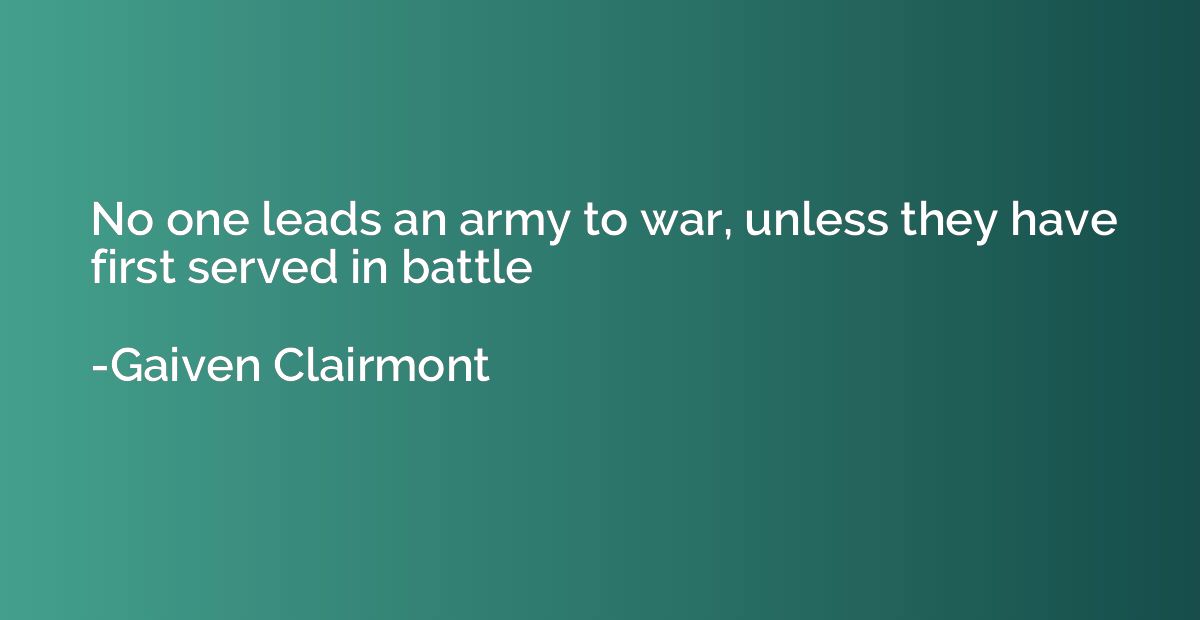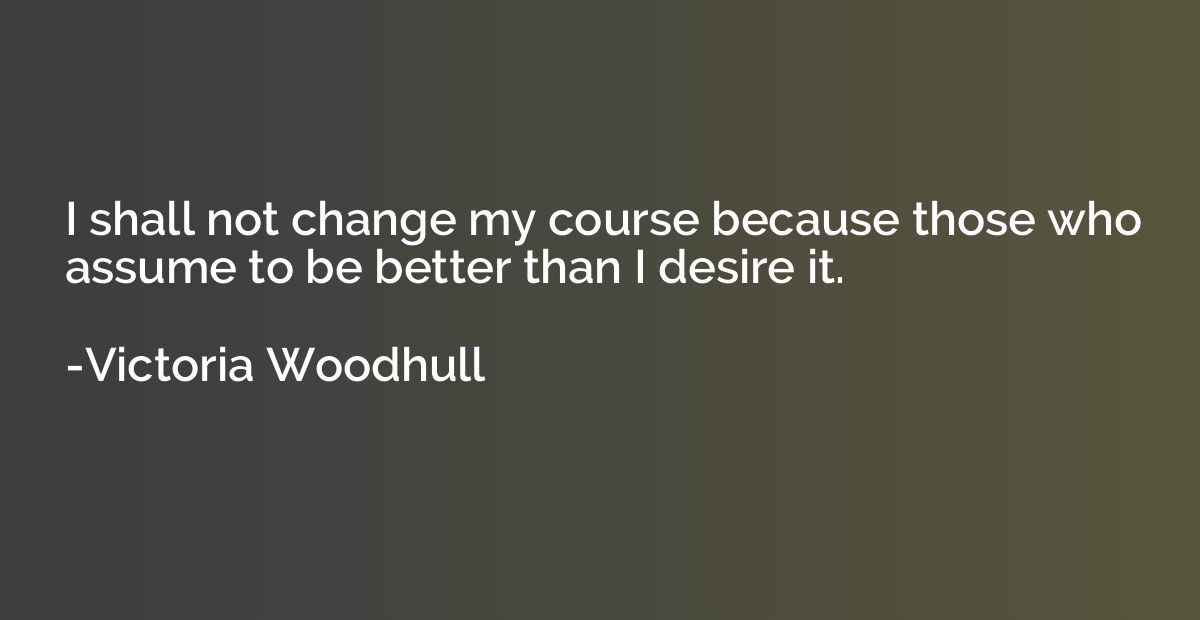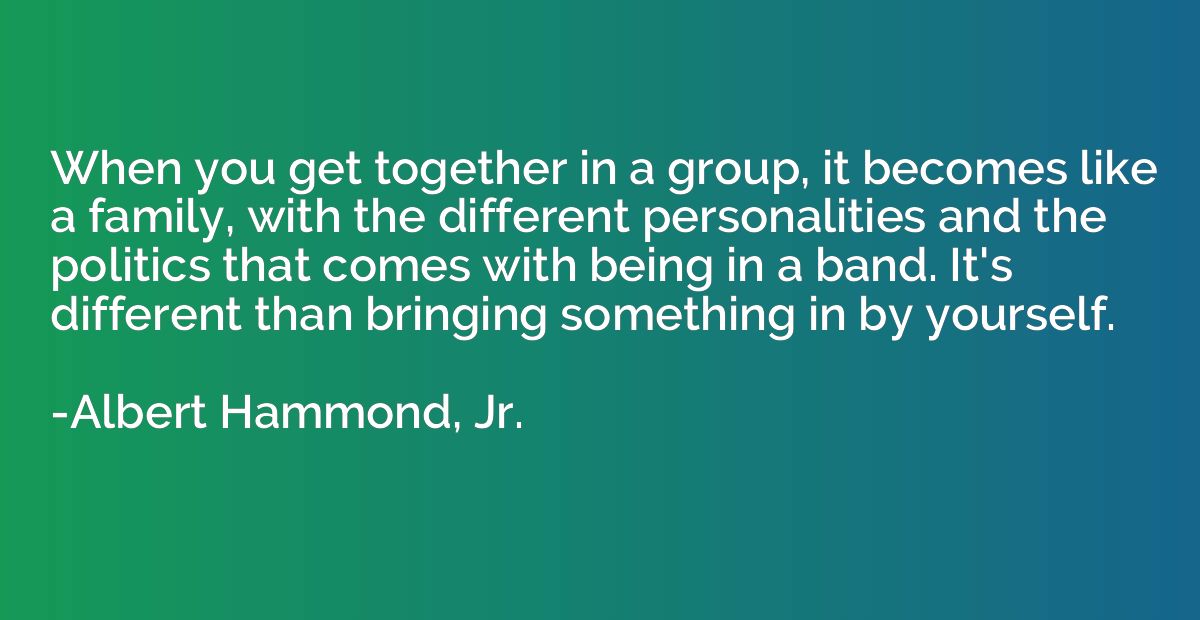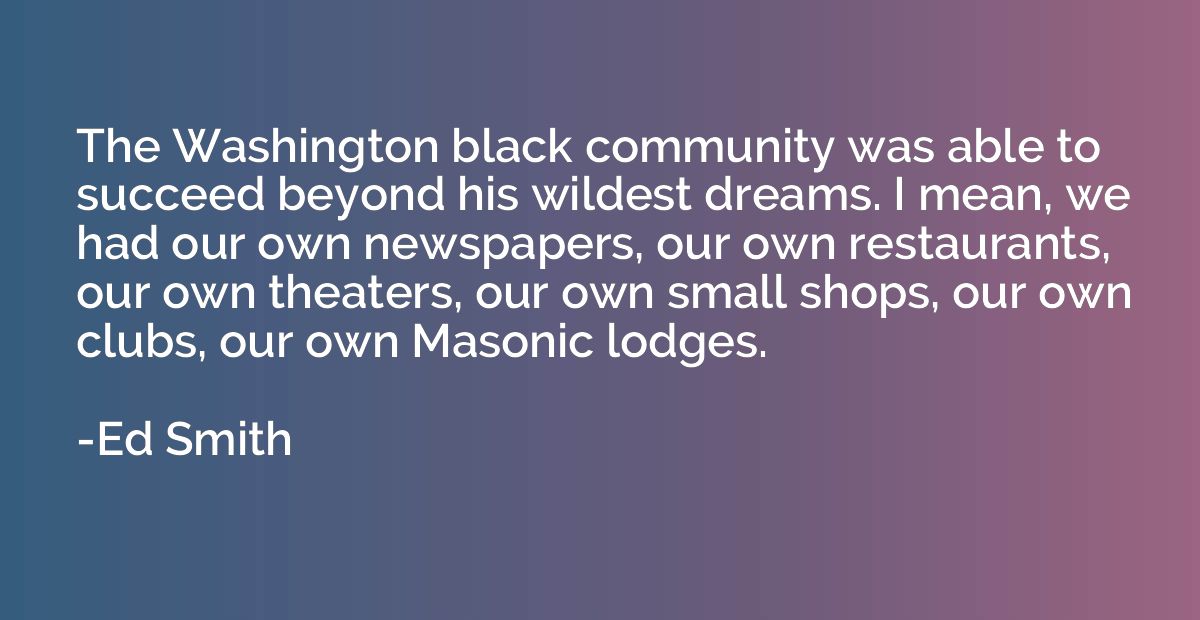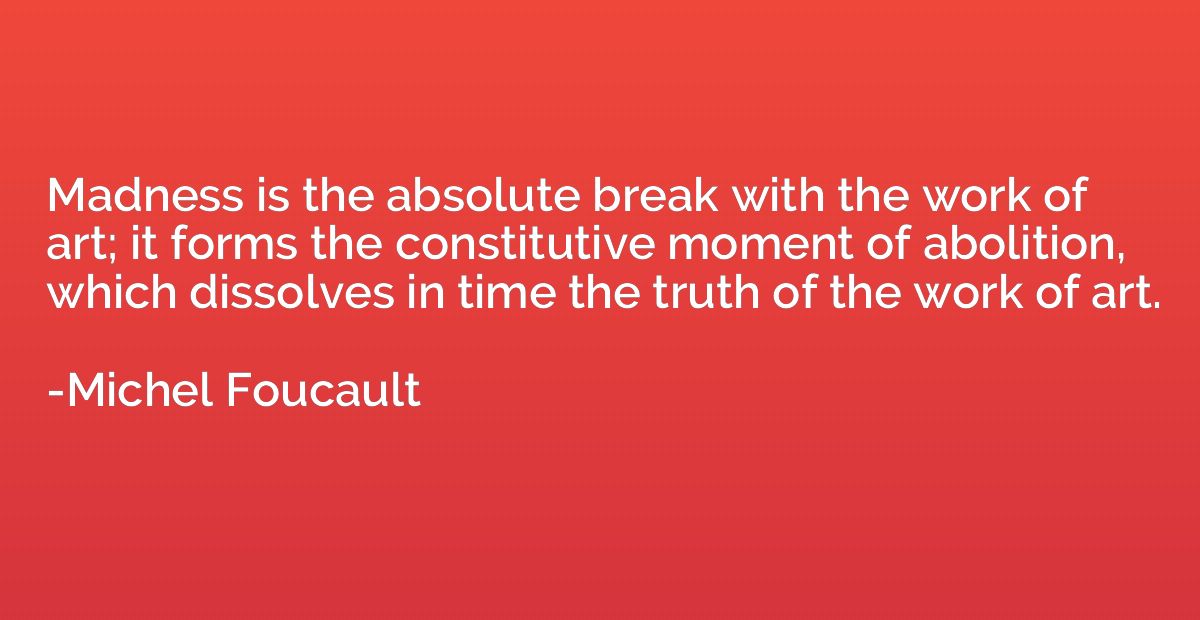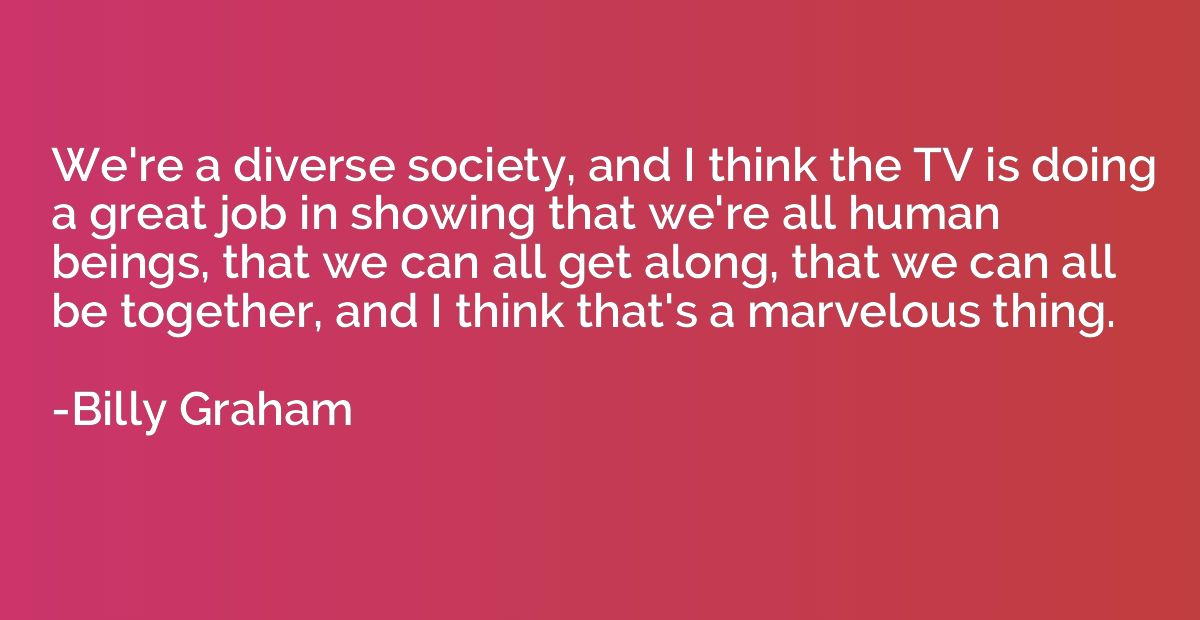Quote by Charles Caleb Colton
We hate some persons because we do not know them, and will not know them because we hate them.
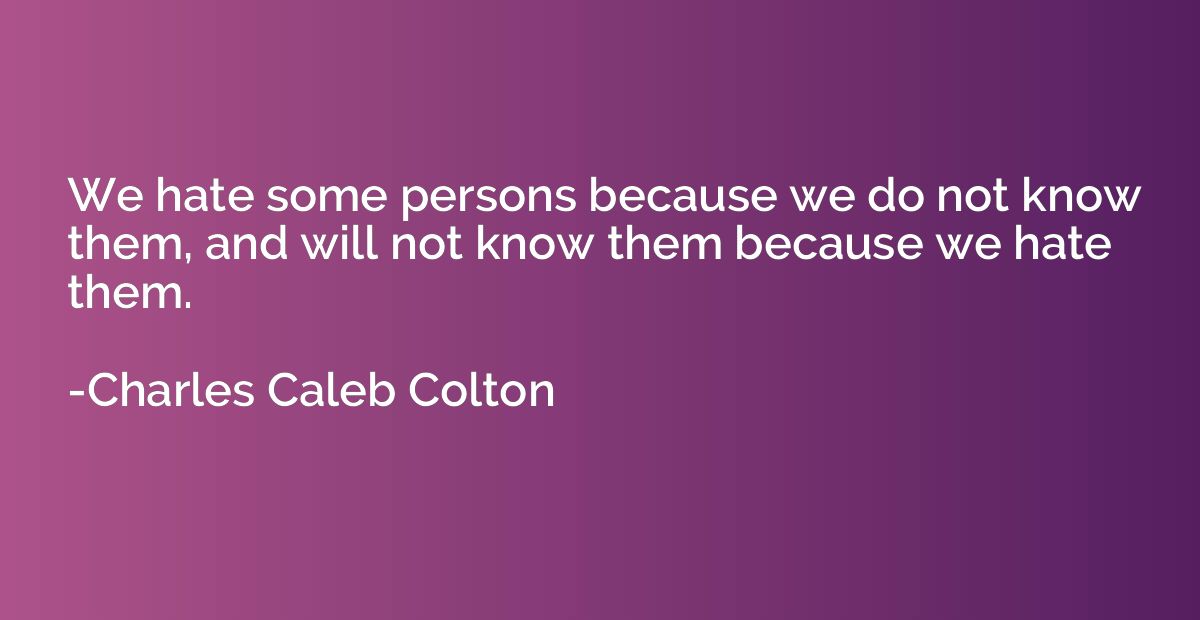
Summary
This quote highlights the vicious cycle of hatred. It suggests that we often form negative opinions about people we don't know due to our preconceived biases or prejudices. Consequently, this initial hatred prevents us from making an effort to understand or get to know them better. By not attempting to understand them, we perpetuate our hatred and prevent any possibility of forming a meaningful connection. It serves as a reminder that our preconceptions may hinder our ability to develop empathy and compassion towards others.





